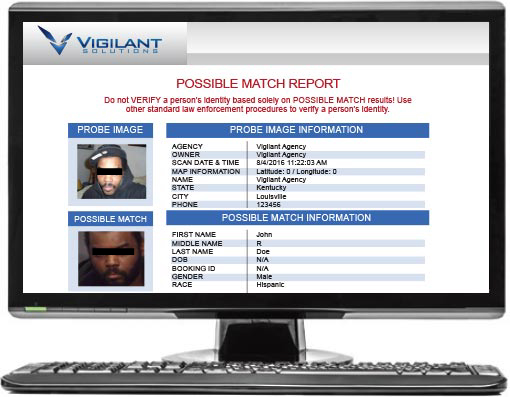Update: On June 25, the Richmond City Council voted 5-2 not to renew their contract with Vigilant Solutions.
The decision by the Council represents the first Bay Area municipal contract cancelled as a result of the passage of a sanctuary contracting ordinance. The lengthy debate over the course of the entire month of June ended with Oakland Privacy, the Richmond Progressive Alliance and immigration advocates convincing the majority of the council that Vigilant Solutions was a bad actor and that municipal funds should be directed to an alternate vendor that is not under contract with Immigrations and Customs Enforcement. By ending the contract, Richmond temporarily ceased their license plate reader program until a new RFP is issued and a replacement vendor located. Richmond joins Culver City and Half Moon Bay on the list of California municipalities that have not gone ahead with Vigilant contracts and the City of Alameda, which did not expand its Vigilant system in February of 2018 over ICE contracts.
In May of 2018, the City of Richmond with the support of the Richmond Progressive Alliance and DSA East Bay, passed the nation’s first Sanctuary Contracting ordinance. The small East Bay City had a limited number of contracts and the chief one was for license plate readers with Vigilant Solutions, now a division of Motorola. The contract was set to expire in …. June of 2019.
Here it is in June of 2019 and the Richmond Police Chief has attempted to slip a 4 year Vigilant contract renewal through the consent calender agenda on June 4. The item has now been continued to June 18. In his report, Richmond Police Chief Allwyn Brown indicated that in the year since the Sanctuary Ordinance passed, the City has done nothing to select an alternate license plate vendor and that his understanding of the ordinance is that if Richmond itself does not share license plate scans with ICE, then it should not apply.
This is a false interpretation of the ordinance. The point of it is to use municipal purchasing power to avoid vendors who are “in contract” with ICE, as Vigilant is.
A public records act request by EFF’s Street Level Surveillance Project to the Richmond Police Department in 2018 obtained the City’s sharing report from Vigilant’s LEARN database. You can review the document below. It lists 117 agencies that Richmond is sharing its license plate scans with through Vigilant. More than half are outside the State of California. One of the receipt agencies is the San Diego sector of the Border Patrol. We believe such liberal sharing of information not publicly available with immigration enforcement authorities absent a criminal connection may constitute a violation of the California Values Act (SB 54)
An ACLU public records requests showed 30,000 ICE inquiries a month into the Vigiliant LEARN system.
A perusal of the Vigilant Solutions website shows that they are expanding their business into the growing facial recognition for law enforcement field. They offer a full face recognition software platform and a gallery of 15 million pictures of faces. The website illustration features two dark-skinned men who are visibly not the same person being matched by the software, an all too clear demonstration of the problems with this surveillance technology.

